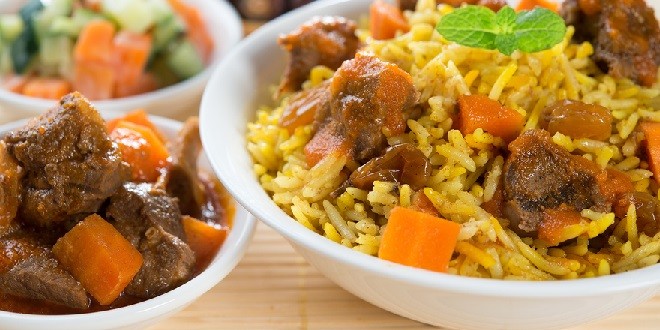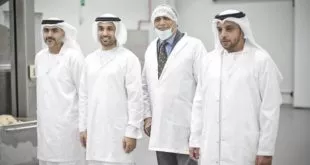Sharjah is fast developing as centre for halal food, a global market worth US$2 trillion (AED 7.3t) worldwide. Global food producers converged on Sharjah earlier this month to meet with buyers from the Middle East and North African and the Indian sub-continent at the third annual OIC (Organisation of Islamic Cooperation) Halal Congress. A wide variety of halal food producers already have production facilities in the emirate and the Sharjah-based Gulf Halal Centre (GHC) was established in October to offer audit and certification services to Emirati companies wishing to participate in the halal products and services markets.
The halal food industry, which provides food products that are permissible according to Islamic law, expects strong growth to continue and the global halal food products market could top US$3.7 trillion (AED 12t) by 2019.
Muslim countries currently account for US$700 billion (AED 2,571b) of global demand, while the countries of the GCC import US$ 26 billion (AED 96b) worth of halal food per annum. However, although the markets of the Middle East and North Africa (MENA) remain key due to their high population growth, Indonesia currently ranks as the largest halal food market in the world worth some US$197 billion (AED 724b) in 2012, followed by Turkey, which was worth US$100 billion (AED 367b) in 2012.
In 2012, the UAE was granted a three-year chairmanship of the first OIC technical committee for halal food standards. The Emirates Standardisation and Metrology Authority (ESMA) launched a ‘Halal National Mark’ in October, developed in cooperation with the OIC, as part of an initiative to regulate and certify the halal industry. The UAE’s own halal food imports are expected to reach S$8.4 billion (AED 30.8b) per annum by the end of the decade.
Source: OIC, media






